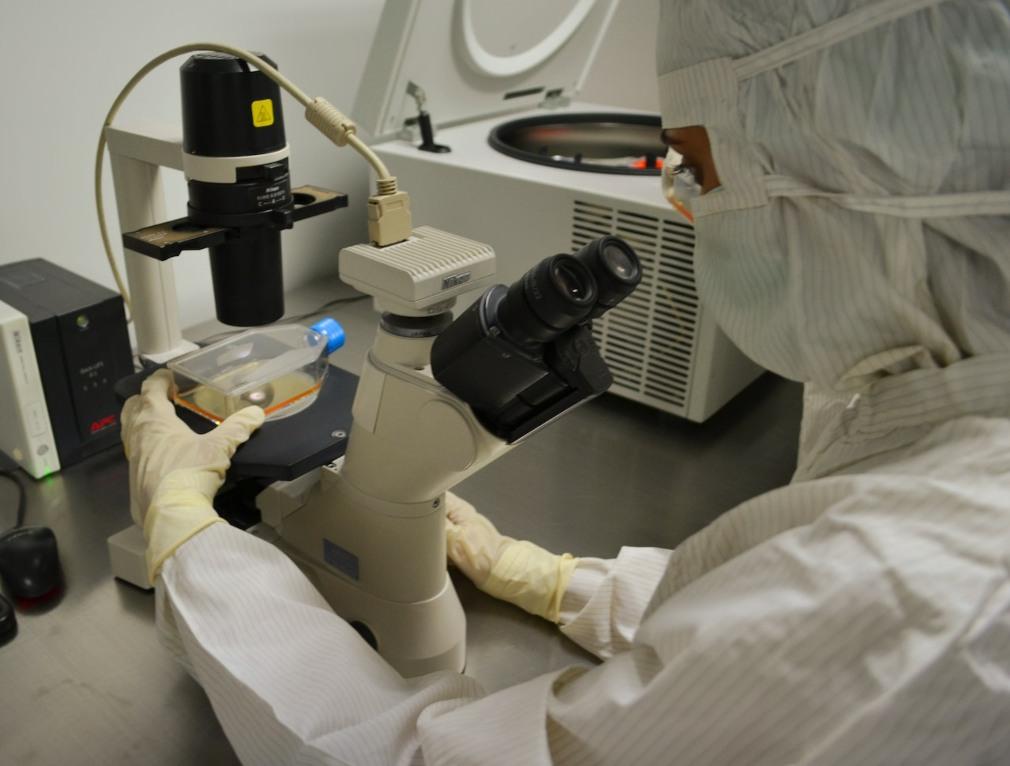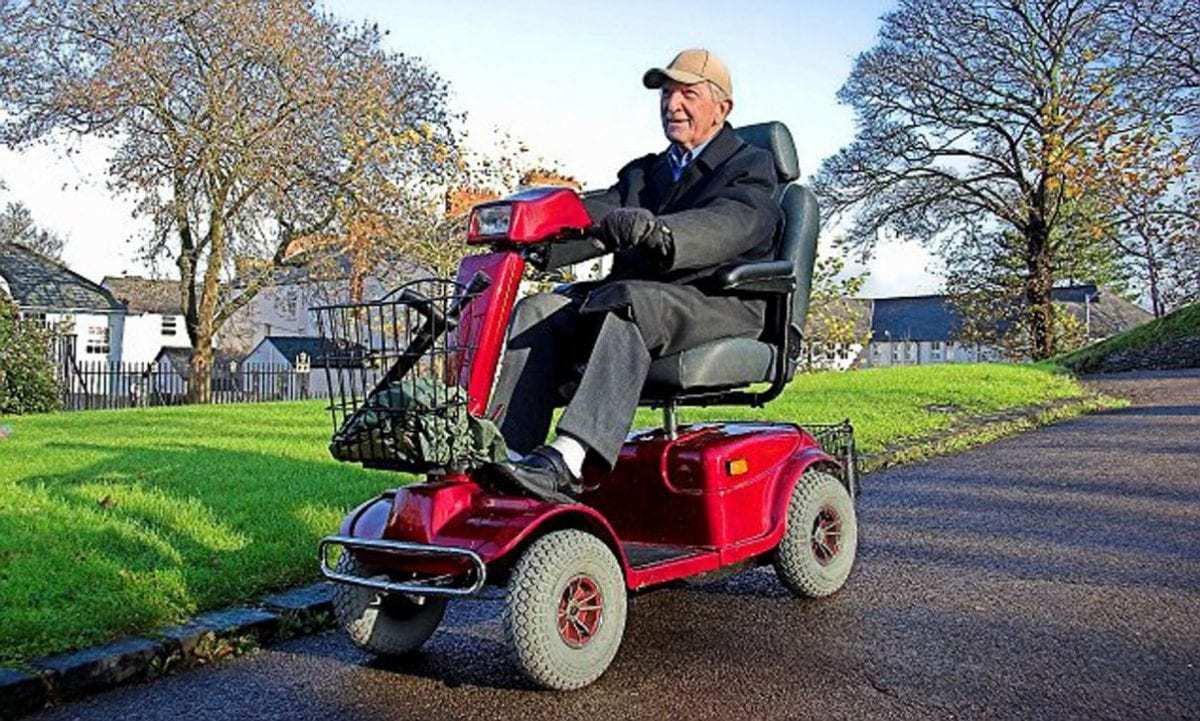Clinical trials can offer hope through further treatment options for many disease or illness patients. Participants may also help advance science for related areas of research. Throughout the study, the research team will explain all possible risks, benefits and alternatives to participating. You will then be asked to sign a document indicating you understand and agree to the study.
Table of Contents
Help Others
Clinical trials are:
- The foundation of medical research.
- Leading to significant advancements and breakthroughs in disease prevention.
- Diagnosis.
- Treatment and care.
Thousands of volunteers volunteered to participate in clinical research studies behind every medicine and treatment we have today. But why participate in a clinical trial? Medications are only approved for use by the general public after passing rigorous testing and safety standards in clinical trials. Clinical trials also help researchers understand how certain medicines or treatments may interact with other medications or diseases. In addition, each test helps add to the overall body of scientific knowledge. Volunteers are vital to the clinical trial process. They often describe their reasons for participating in a study as being based on the hope that their participation could benefit others with the same illness or condition or help others in similar situations. They may also desire the newest treatment or experience the top-quality healthcare the research team offers participants during the trial.
In most trials, participants are fully informed about the risks and benefits of participating in the study before agreeing to participate. It is known as “informed consent.” Researchers follow the rules of a group called Good Clinical Practice (GCP). These guidelines are intended to safeguard volunteers’ rights and security in the most moral way feasible.
Better Medication
Many people agree to participate in a clinical trial because they hope the study of medicine will help them. Whether the treatment is for a serious illness like cancer or a minor condition such as high blood pressure, it can be true. If the experimental drug is found to have a beneficial effect, the doctors may offer it as a standard treatment. In this case, the person who participated in the clinical trial will have been a crucial partner in developing new medical knowledge.
People who agree to participate in a trial are often offered the option of lower-cost or free medication and other tests and exams. They may also be reimbursed for their time and travel expenses. It is important to understand that participating in a clinical trial will not guarantee getting the new drug or other test result you hope for. The new treatment must be tested on many patients before becoming available to the general public.
Some people who participate in a clinical trial feel it is their last chance to find a cure for their illness. These include those who have exhausted other treatments and those facing life-threatening diseases. Participating in the research will help future generations suffering from particular health problems.
Help Yourself
Many people participate in clinical trials to help themselves by advancing scientific research for their disease or illness. Their participation brings the possibility of new treatments a step closer to being available to patients worldwide. Clinical trials also provide access to medications and treatments that may not yet be widely available, and participants usually do not have to pay for their participation or the cost of the medicine. People often feel like they are being treated as guinea pigs in clinical trials, but it is important to remember that all medical tests and treatments have some risks. Clinical trials are no different, but they allow participants to work with a second team of medical professionals who may respond to any inquiries or address any potential issues. Most crucially, participating in a trial is always voluntary, and subjects can terminate the experiment anytime.
Clinical trials are the key to getting medical discoveries from the lab to the patients, and many people rely on them to stay healthy. Participating in a clinical study can have considerable advantages for those with a particular sickness or condition. Still, even people who are healthy and have no medical issues can benefit from these studies.
Live Longer
Medical advancements are based on clinical trials. They help scientists find new ways to prevent, detect, or treat disease. The treatments under study might be new drugs or combinations of drugs, surgical procedures, devices, or other therapies. Some trials compare existing interventions to see which is safer or more effective. The objective is to enhance people’s health and well-being. Many treatments today, such as chemotherapy, cholesterol-lowering medications, vaccines, and cognitive-behavioral therapy, would not be available without research participants. Getting discoveries from the lab to patients is a long process. It depends on volunteers like you who take part in clinical trials. While there is no guarantee that you will benefit from participating in a trial, some benefits are likely. You may receive the experimental treatment before it is widely available, and your doctor will monitor you closely. You might also get financial compensation if you participate in the trial.
Before agreeing to be in a clinical trial, ensure you understand what is involved. It would help if you were given a document called an informed consent form that describes the research and its risks and benefits. Talk to the researchers and your doctor if you need help understanding it or have questions. You have the right to withdraw from a trial at any time.
Also Read – Essential Tips for Landing Lucrative Short-Term Travel Nurse Jobs




